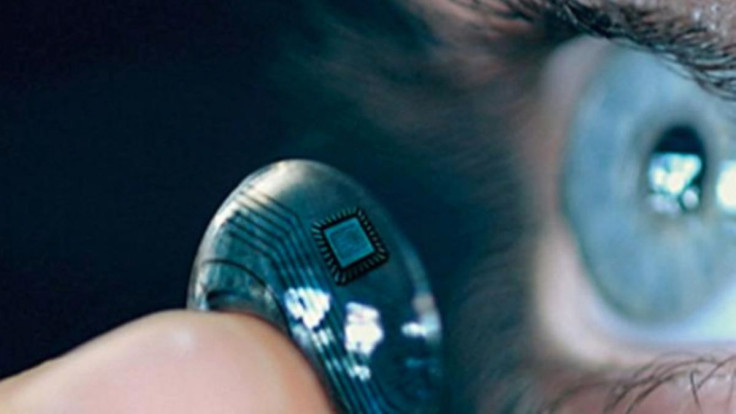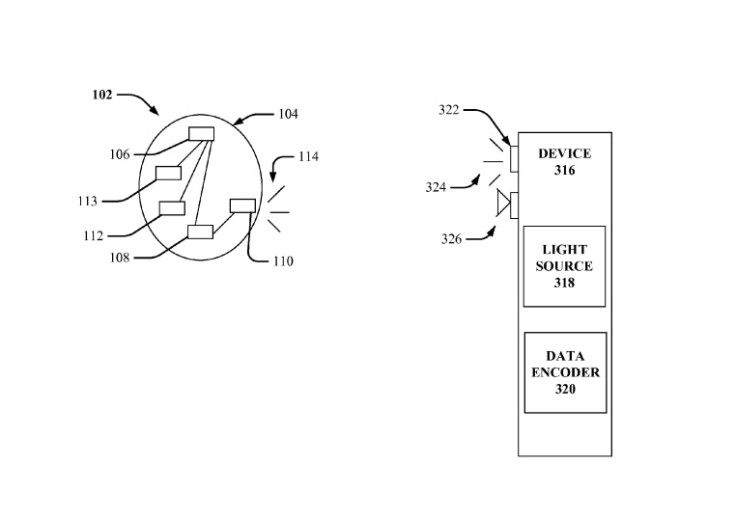Google's solar-powered smart contact lens perfect for hayfever sufferers and shopaholics

The future of wearable tech is getting smaller and smarter with each passing year. Now Google has filed a patent that will see it disappear from plain sight altogether with a solar-powered contact lens. The device is intended to allow wearers to access information about their surrounding environment and communicate with mobile devices.
While the Google smart contact lens idea is not a new one (its Google X Labs revealed a lens wearable for diabetics) the announcement of a patent that figures out how to power such a small wearable is quite a breakthrough. One of the biggest challenges with creating wearable tech is the ability to make is so small it doesn't become invasive but also remains usable. The contact lens is where tech pioneers are looking.
The patent, which was awarded on 13 October, describes a design toting sensors and a microprocessor powered by "optical signals" - essentially solar cells - that would be able to store power via sunlight.

What the contact lens would be able to do is still vague at this stage but it is suggested it would be able to scan the wearer's environment to identify whether there are pollutants, allergens or "hazardous materials" in the air and be able to inform the wearer so they can head for the hills.
This is something a hayfever sufferer would trade their lifetime supply of Piriton for. It would also be able to monitor the health of the wearer, relaying information on body temperature or blood-alcohol level to a separate display, which would be vital in combating drink driving or helping those with liver conditions.
Google smart contact lens uses
As mentioned, Google has previously announced the use of a smart contact lens to measure the glucose levels of diabetic wearers that would flash a warning light should it detect any dangerous spikes or drops that could lead to passing out. That was powered by radio frequency and didn't have the sophisticated features of a sci-fi lens.
This patent, however, could possibly lead to RoboCop style heads-up information presented in front of our eyes as we walk around. Google manages to get us futurists all giddy by including in the patent it could potentially scan information from a range of objects including price tags. It doesn't elaborate how this would be done but the applications could have the imagination running wild. It may bring up information (most likely sent to a mobile device) about a product you're looking at and display the best prices.
The ability to produce solar panels on this scale is a huge challenge and a patent is no guarantee we'll even see it happen. Yet, it's a visionary idea for ways to power such a small device and is something worth keeping an eye on.
© Copyright IBTimes 2025. All rights reserved.






















